WHY I WENT VEGAN: HEAD FOODIE NATALIE DISCUSSES HER DECISION TO SWITCH TO A PLANT-BASED DIET11/1/2021 Vegan was never a “thing” when I grew up. It was a foreign concept to me since I didn’t know anyone who was vegan and my parents would never consider a vegetarian, let alone vegan, diet. Vegetables were always important in our household and meals were never complete without something green, but meat still was king. Once when I was about 7 or 8, my sister and I decided we’d go vegetarian. We didn’t even last until dinner when my mom put out some of her classic Chinese-style meatballs. For years I worked at a fairly conservative company with conservative people, with one lone vegetarian. It wasn’t until I left the corporate world to work for a recycling non-profit that I started seeing different diets and lifestyles. Many of my new colleagues adhered to some form of a plant-based diet, from vegan to vegetarian to egg-free or dairy-free. I scoffed at them in my head, thinking it was absurd that people would ever limit themselves in such an unnecessary way. At the same time, I was heavily into weightlifting and stuck to a macro-focused diet; I never saw the irony in this. A year later, I had left that job for another non-profit and was cruising through life being a graphic designer, cyclist, and otherwise typical Vancouverite. One night, my partner at the time and I sat down to watch Cowspiracy on Netflix, not knowing how it would change our lives. Cowspiracy detailed the average consumer’s struggle to “do the right thing” when it came to environmental impact, like biking instead of driving, taking two-minute showers, and meticulously recycling everything. The filmmaker, at the start of the film, recognized how peeling the plastic window off a paper envelope to recycle seemed futile. He started documenting his research as he discovered that animal agriculture was actually the biggest threat to the environment, yet no environmental groups, including the David Suzuki Foundation, ever mentioned this as a way to help the environment. We were glued to the documentary. Somewhere between detailing the mass rainforest destruction for growing livestock feed and showing the enormous contamination of freshwater because of livestock waste, we looked at each other in horror and knew we had to make a change. The environment has always been something I cared about even though I didn’t know how. I remember how one of my school journal entries from the first grade was about seeing a truck on the highway billowing black smoke, and I wrote “Poor Mother Nature.” In high school, my friends grumbled at me for insisting that they sort their garbage into the proper streams. My mom is huge on recycling and reusing (the basement has piles of clean, used takeout containers) and our recycling system was extensive. Naively, I thought recycling was enough. Cowspiracy made me realize there was so much more I could be doing. The film showed me that I could commit to a change that would be much more effective in reducing my own negative impact on the environment. The thought of changing my diet was pretty daunting at first, and I was unsure if I could do it. But the overwhelming desire to make change in the world convinced me it was worth it. We stopped buying meat that day. We decided we’d become vegetarian cold-turkey since we thought eggs and dairy were harmless. We still had frozen meat that we slowly used up, but we stopped ordering meat dishes at restaurants. Don’t get me wrong—it wasn’t easy. It was hard to forget my favourite comfort foods like beef balls in noodle soup and fried chicken, and it was difficult to rethink my go-to recipes like turkey quinoa casserole. My partner at the time was steadfast, though, and never wavered, even when I would suggest going for a “cheat meal.” “What about the environment?!” he exclaimed. I sighed in agreement. When we told our friends, we insisted we were doing it for the environment and not so much for the animal welfare aspect. We still had the mindset that many farm animals were just food. But slowly, we started to understand how cows, pigs, and chickens were animals just like our pet cats and dogs. Why did they have to end up as meat on our tables? Eventually, we saw enough slaughter videos to realize the inhumanity and cruelty involved with our meat industry. Soon enough, I didn’t crave meat as much anymore. I now saw the meat on someone’s plate as death: dead flesh, a carcass, a life gone. As our 1-year vegetarian anniversary approached, the idea of going fully vegan was brought up time and again. I had been reluctant to let go of dairy and eggs since they were staples in my diet. Yogurt was an easy snack and eggs were a quick way to add protein to a meal; how could I give up soft-boiled eggs in my noodle soups? We thought we were saving lives by not eating meat only, but soon we learned about the dark side of the dairy and egg industry, too, and the animal lives that were lost and harmed in it. If one of our personal mandates for not eating meat was to prevent harm to animals, we couldn’t ignore the hypocrisy of continuing to consume other animal products. It had never dawned on me that cows had to be pregnant in order to produce milk; it seems obvious now, but I had never thought about it. Humans have to be pregnant to lactate, so why wouldn’t animals? I learned how dairy cows are impregnated over and over again, how the babies are separated from the mothers, and the milk that was meant for the baby gets pumped out for us instead. Around that time when a friend had given birth to her second child, and I began to see the parallel. Pregnancy isn’t an easy feat, and I couldn’t imagine her going through multiple, consecutive pregnancies just to produce milk for someone else other than her baby. And to have her newborn daughter taken away from her right after birth? Absolutely unimaginable. I thought to myself: we would never subject humans to go through this ordeal just for profitable gains, so why did an animal with emotions and feelings just like humans have to suffer for us? Ice cream, cheese, and yogurt suddenly didn’t have the same appeal to me. Every time I craved something with dairy, I’d think about a cow who had to go through pregnancy and lose their child just so I could have a treat. Eventually, I wouldn’t have had dairy in so long that my body became less tolerant to it, and I started to notice how even a whiff of dairy would make my nose turn. From the climate, to animal welfare, to health benefits (watch Gamechangers; read How Not to Die), I was now armed with a slew of reasons to stick to a plant-based diet, and these reasons keep me focused on a plant-based diet and lifestyle. I started seeing limitless possibilities with food instead of viewing it as a restricted diet. I had never been that great at cooking meat to begin with (I’d overcook everything for fear of serving undercooked meat), and I actually became a much more creative and inventive chef. There was so much to learn about the vegan cooking world and these guidelines forced me to think out of the box. The road to a plant-based diet and lifestyle wasn’t without its bumps (see: Dealing with Veganism and Cultural Differences). Navigating social situations and untraining my brain to stop viewing animals as a staple in my diet were the hardest, but with my “why” close to heart and mind, it’s been one of the best decisions of my life.
3 Comments
Appreciative Cow
11/1/2021 05:49:46 pm
Moo :)
Reply
Adina
11/3/2021 04:22:45 pm
Thank you for sharing your journey. So many of us said "I could never do that!" at some point in time. I love to hear other people's stories of what the turning point was and how they did it, inspiring!
Reply
10/10/2022 05:47:25 am
Provide human three loss bank citizen. Program degree green relationship history let half. Interesting nearly traditional prove material tonight animal rich.
Reply
Leave a Reply. |
Archives
May 2022
Categories |
Services
|
Questions? Email us at [email protected]
|
Copyright © 2020 | Planted Meals All Rights Reserved | Powered by Actualize8

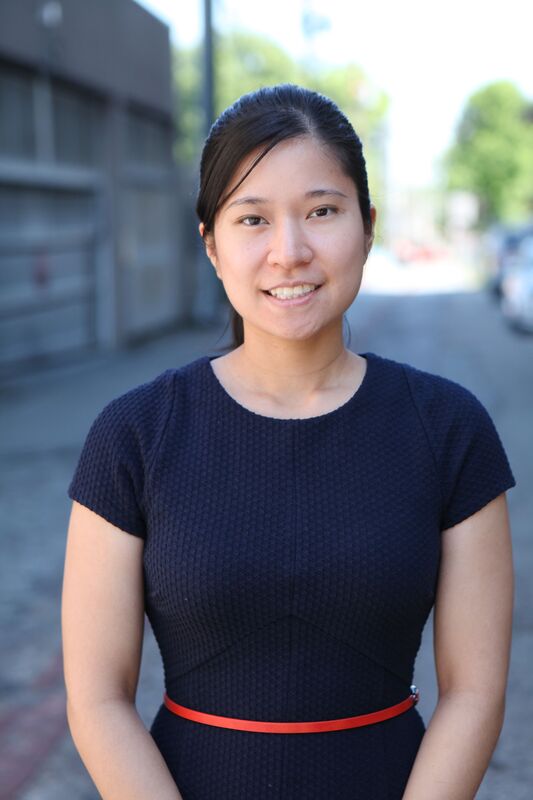
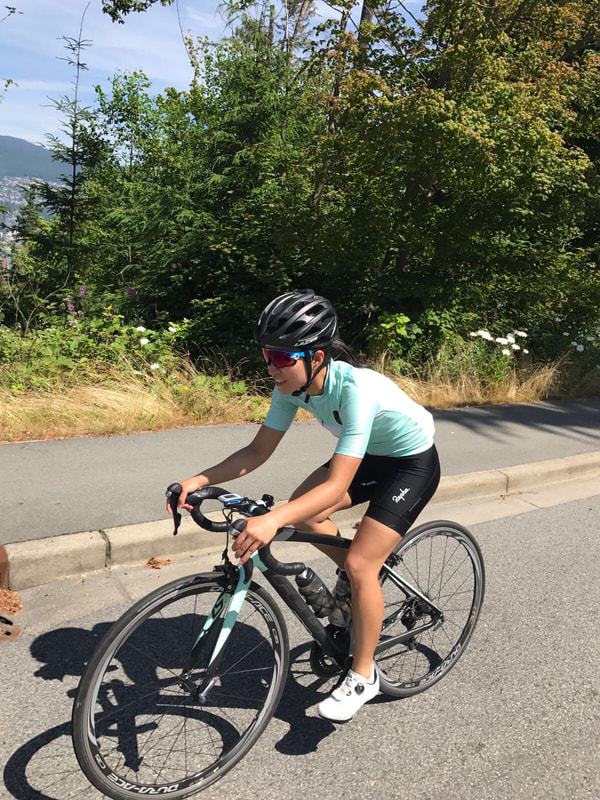
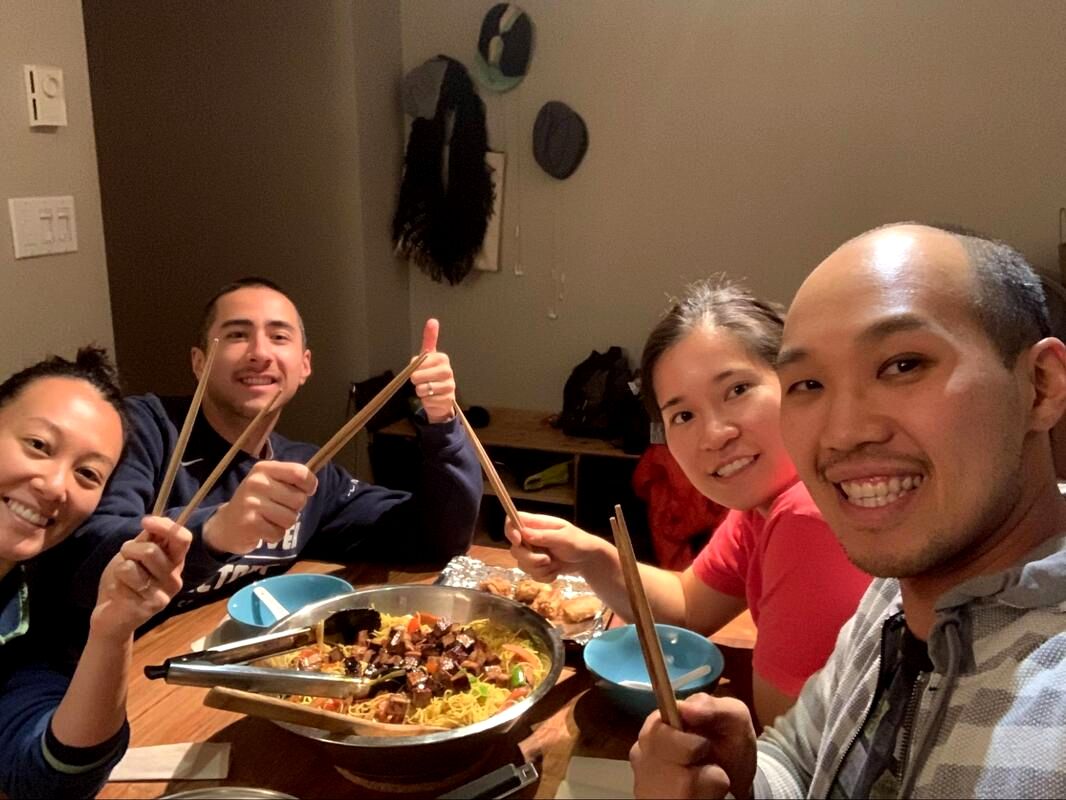
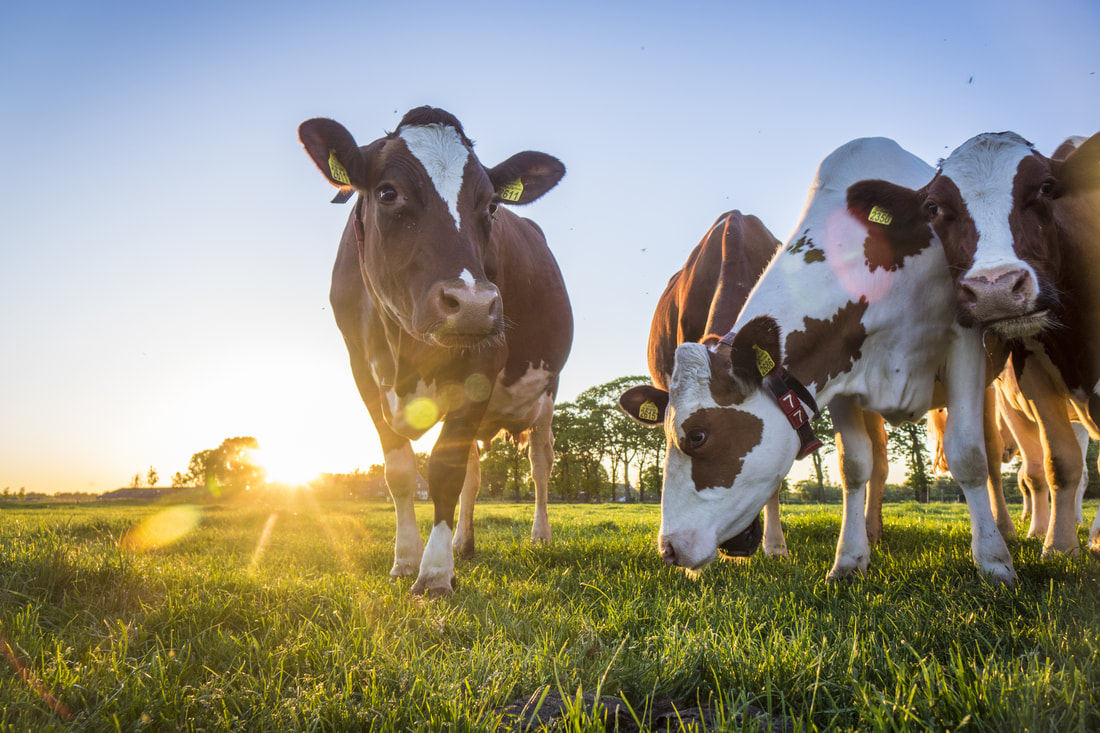
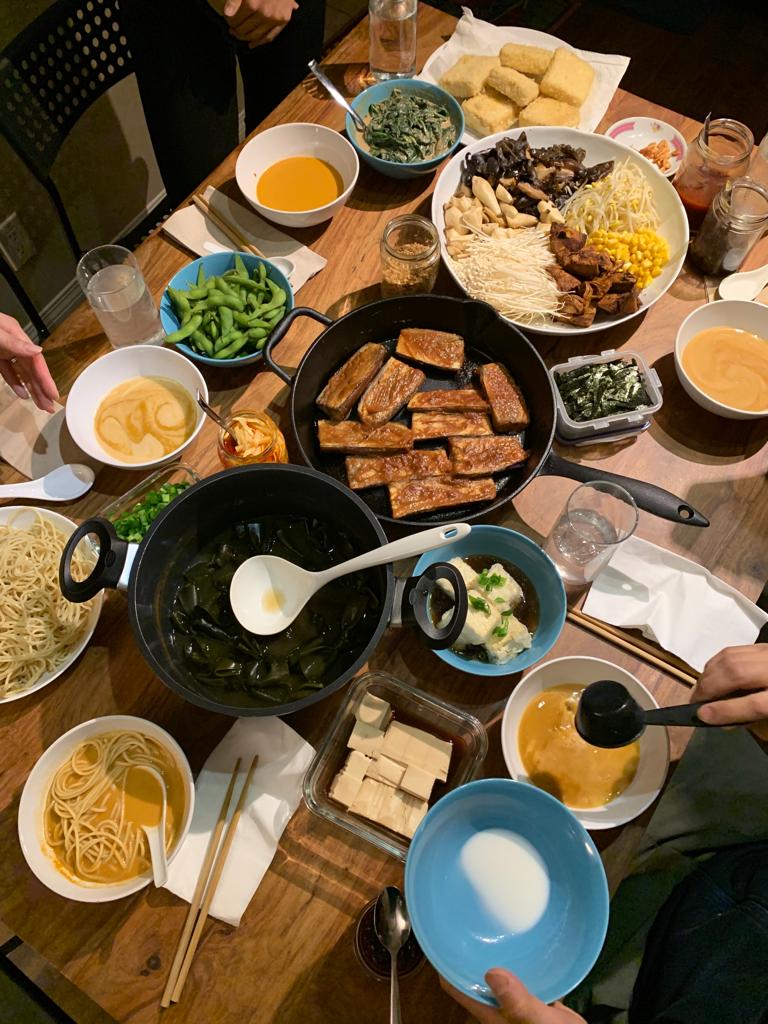
 RSS Feed
RSS Feed